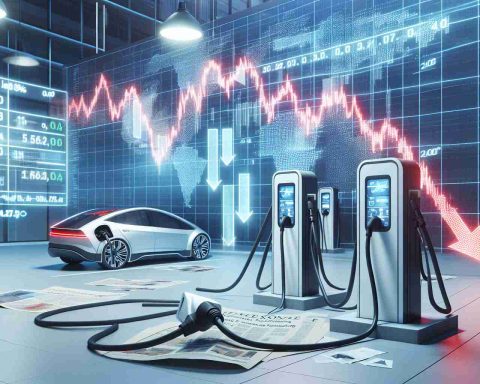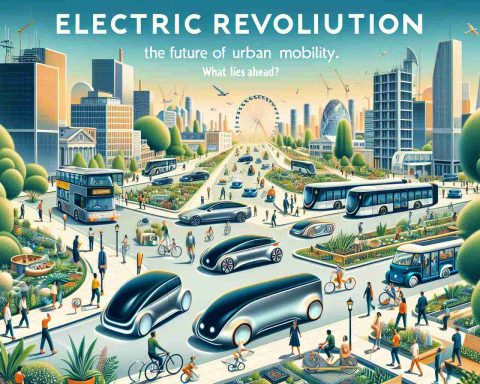EV Charging Infrastructure
EV Charging Infrastructure refers to the network of equipment and facilities that provide electric vehicle (EV) charging services. This includes charging stations, charging points, and related technologies that enable the recharging of electric vehicles' batteries. The infrastructure encompasses various types of chargers, such as Level 1 (standard household outlets), Level 2 (faster charging at home and public spaces), and DC fast chargers (which provide rapid charging capabilities), all designed to support the growing use of electric vehicles. EV charging infrastructure is crucial for facilitating the adoption of electric mobility, reducing dependence on fossil fuels, and contributing to environmental sustainability. It also involves the integration of software and communication systems that help manage charging, track energy consumption, and facilitate payment for charging services. Overall, this infrastructure enables electric vehicles to operate efficiently and helps in the transition to a greener transportation system.















